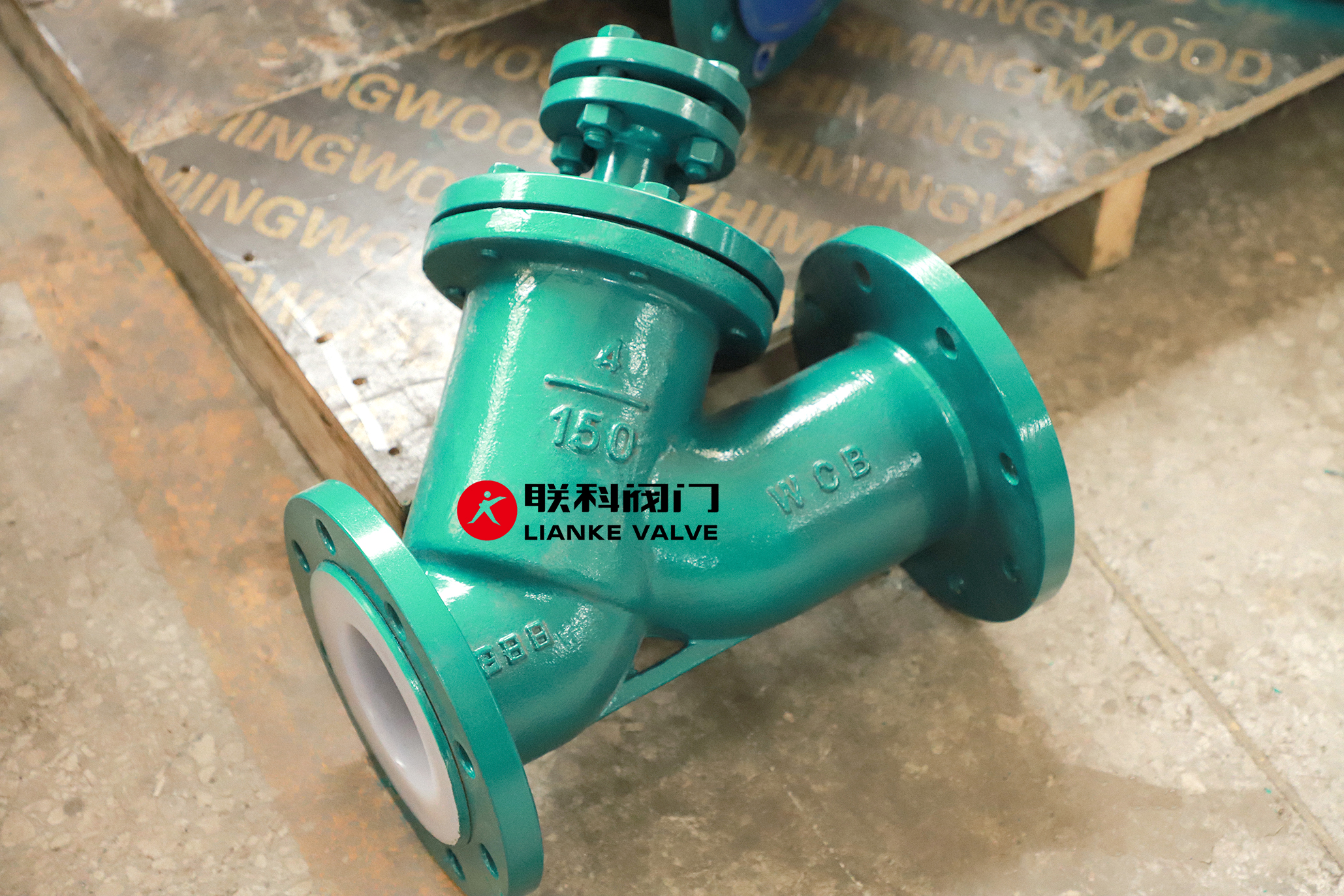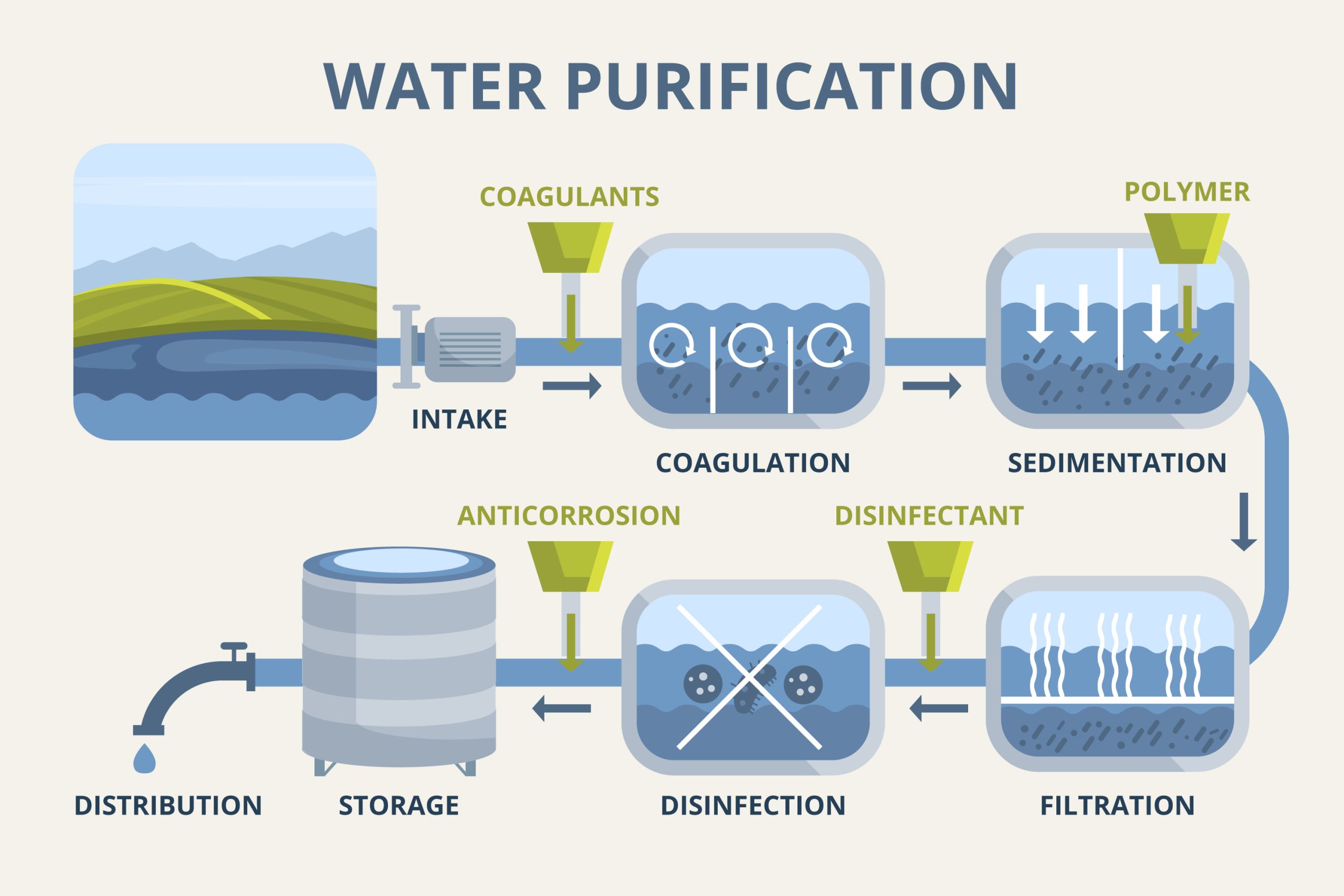

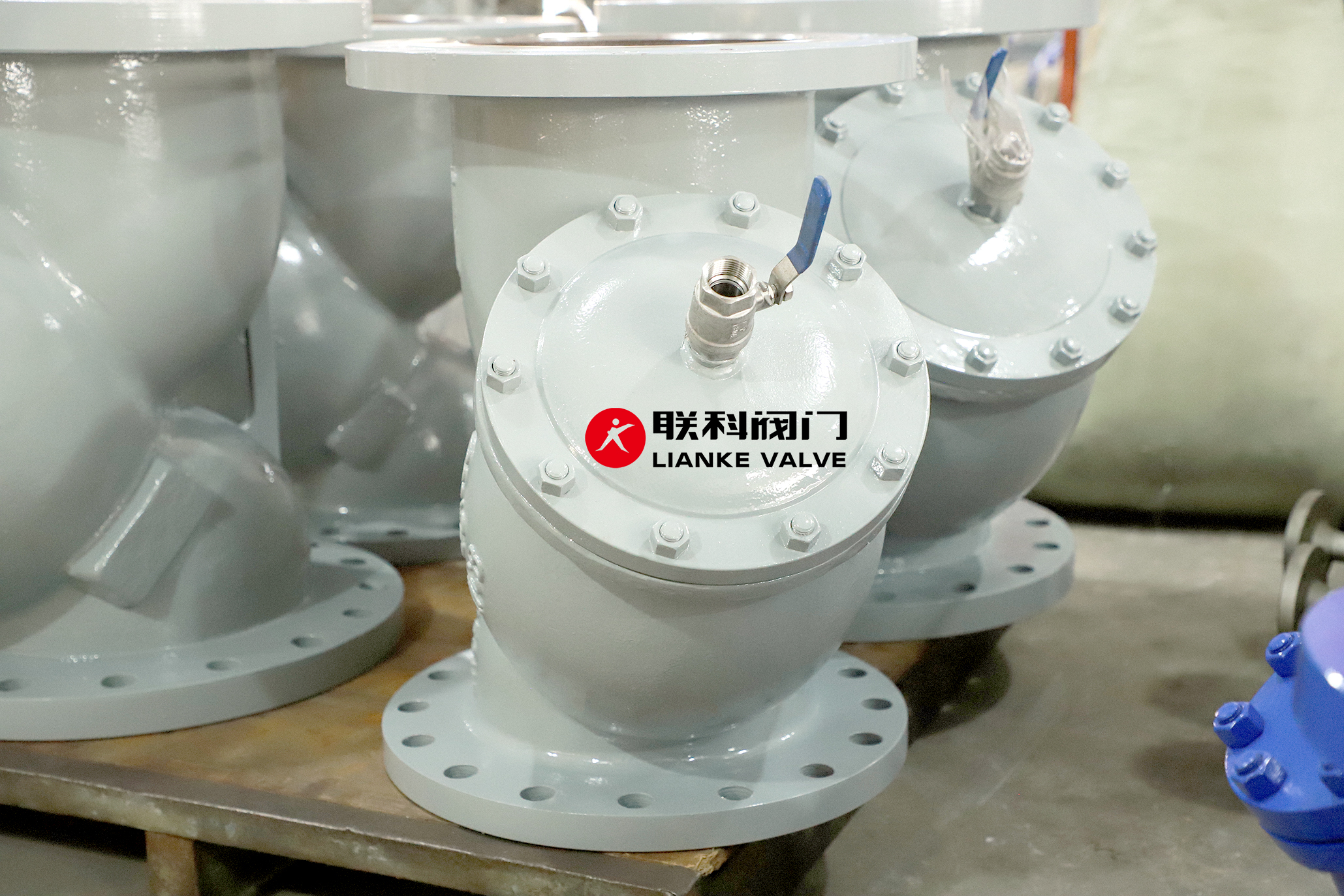
ANSI Class Ratings for Y strainer flanges tell you how much pressure and temperature the flange can handle. These ratings help you choose the right flange material and design to keep your piping system safe and efficient. If you’re installing or replacing a Y strainer in a pipeline, understanding ANSI ratings isn’t optional—it’s essential. Choosing […]

EPDM rubber (short for ethylene propylene diene monomer) is a synthetic rubber known for its durability and resistance to harsh conditions. Developed in the 1960s, it’s made from ethylene, propylene, and diene monomers. These properties make it tough enough to handle extreme environments without deforming like natural rubber. EPDM rubber is widely used in construction, […]

Full port and standard port ball valves differ in how much fluid they let through. A full port ball valve has an opening that matches the pipe size, allowing unrestricted flow. A standard port ball valve has a smaller opening, which slightly reduces flow but costs less. In this post, we’ll discuss how these valves […]

If you’re installing a pressure relief valve (PRV), you need to do it right. A bad install can cause leaks, pressure buildup, or system failure. Here’s what you need to know. Pressure Relief Valve Installation A properly installed PRV valve protects your equipment from overpressure and system failures. Follow these key steps to ensure a […]

Plastics and elastomers are essential materials in industries ranging from automotive manufacturing to medical devices. While both are polymers (long chains of repeating molecules), their properties and applications differ significantly. This guide breaks down their technical distinctions, backed by industry research and data, to help you make informed material choices. 1. Plastics and Elastomers: Core […]
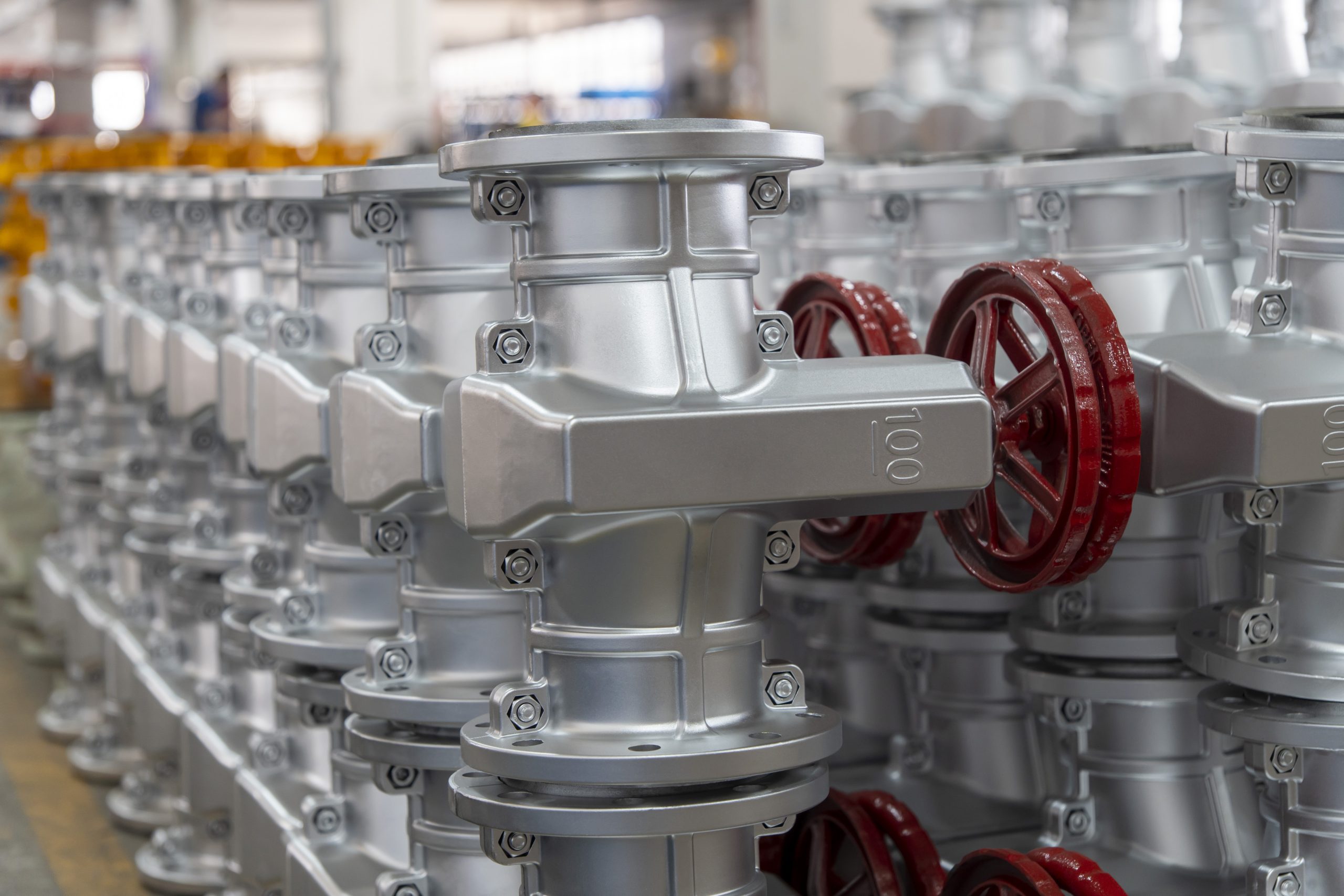
Valve lubricants serve as critical operational components in industrial systems, preventing mechanical failures and maintaining functional integrity. Across sectors such as oil refining, water treatment, and chemical processing, valves regulate fluid and gas flow, with their operational reliability contingent on precise lubrication practices. This guide analyzes the technical necessity of valve lubricants, supported by empirical […]
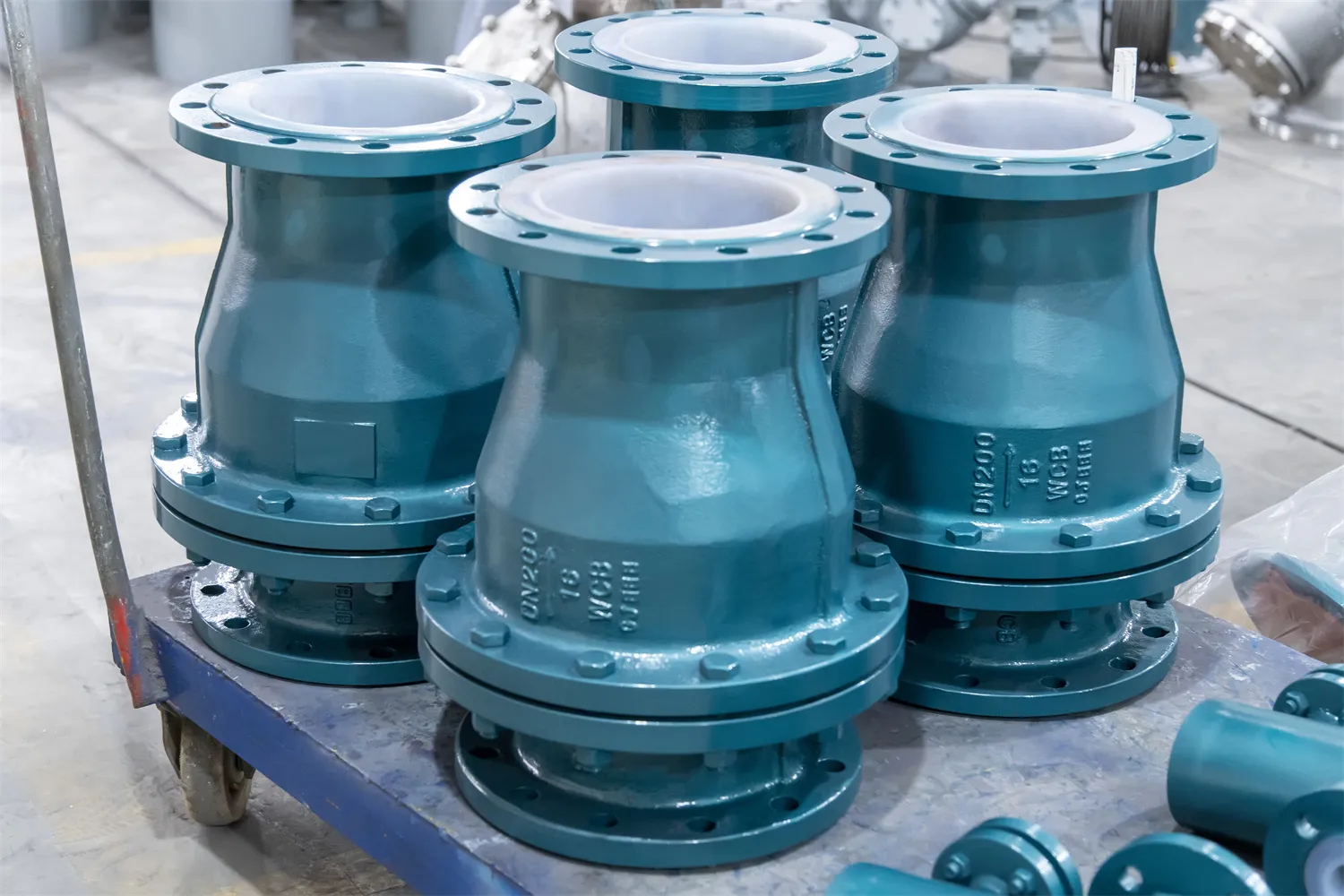
In industrial systems, check valves are critical for preventing backflow, protecting equipment, and maintaining process efficiency. However, improper installation can lead to premature wear, leaks, or even system failure. For engineers, mechanics, and technicians, understanding the technical nuances of check valve installation is essential. This guide breaks down key considerations, supported by industry standards and […]

Have you ever wondered how to tell if a valve is open or closed? Knowing the valve’s status is crucial when dealing with a water valve open or closed, industrial piping, or home plumbing. Understanding how different valve types operate helps prevent leaks, pressure build-up, and system failures. In this guide, we’ll explain the different […]
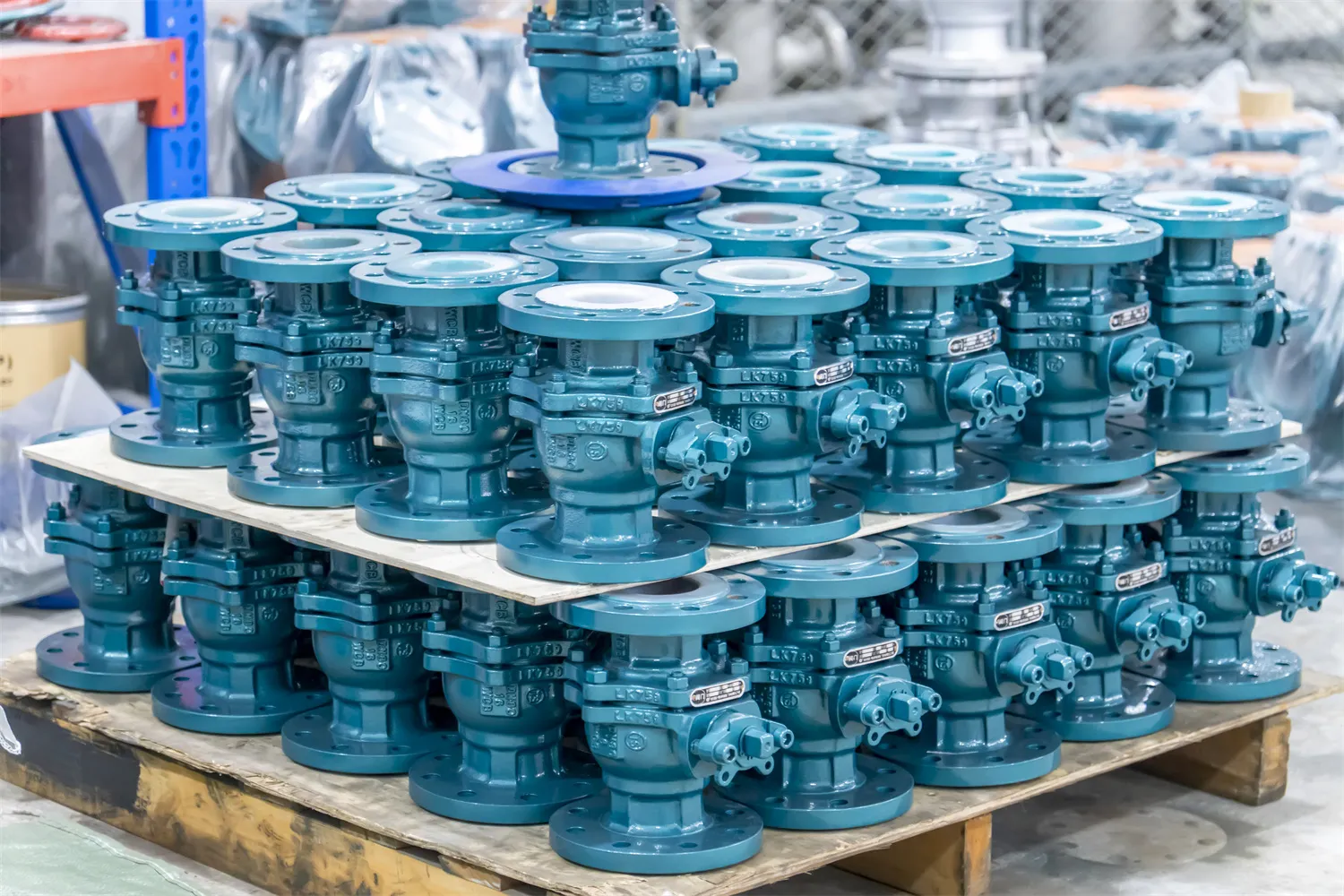
Check valves play a critical role in fluid systems by preventing backflow and ensuring smooth operation. However, when a check valve fails, it can cause significant damage to pipelines, pumps, and equipment. Recognizing the signs of a bad check valve early can help prevent costly repairs and system downtime. This guide will walk you through […]
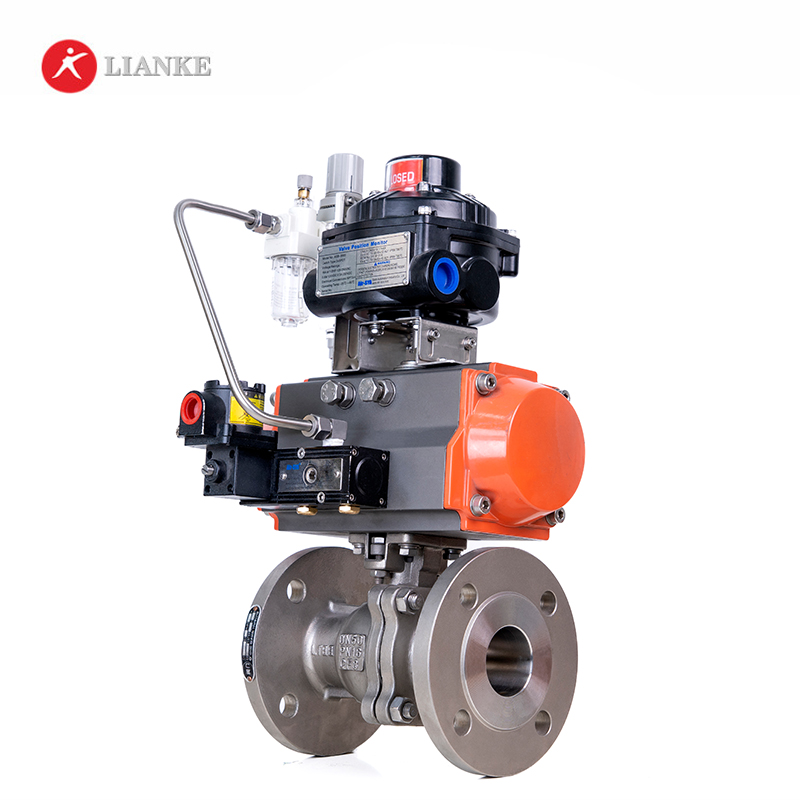
Actuated ball valves play a crucial role in industrial automation, enabling precise control of fluid and gas flow. The choice between pneumatic ball valves and electric ball valves directly impacts efficiency, safety, and long-term operational costs. So, which one is best for your application? Pneumatic actuators are known for their high-speed operation and durability, while […]

